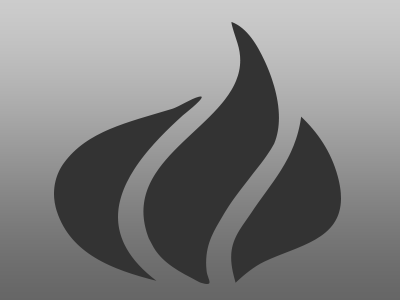Before COVID-19 began infecting hundreds of thousands of Americans, millions of people were already coping with mental health concerns – ranging from anxiety to post-traumatic stress. Experts now believe those numbers are rising as people face growing stress from isolation and social restrictions as well as economic loss and fears about death.
Dr. Danny Holland, a licensed professional counselor and assistant professor in the School of Psychology & Counseling at Regent University, says all the changes have had a profound effect on our well being.
“One of the things we know is that predictability and control are anchors that people have in order to feel a sense of wellness and routine in their lives,” he said. “Those things have been dramatically impacted for almost everybody. So there’s a loss of control – that ability to look at their life and know what’s going to happen next.”
It’s tough for those with relatively stable mental health and brutal for those who were already struggling before the crisis hit.
The good news – the government, professional mental health associations and insurance providers have relaxed some of the restrictions around online counseling to boost access.
The Trump administration recently expanded telehealth services for Medicare and that includes providers like psychologists.
Holland has been seeing clients virtually for weeks now and says that while it can be difficult initially for people to get used to it, the benefits outweigh the challenges for most.
“People can actually sit in the environments where they’re having the struggles in and they can work through some of the strong feelings right there and have the counselor come right into the environment with them and assist them,” he said.
In some regions, various entities are making online counseling free to the public right now, and many university students who are displaced from their campuses can access their school counselors virtually.
This sudden shift is providing resources directly to those who are suffering, and many experts believe this new way of counseling may continue, even when COVID-19 is over.
###
All Content & Images are provided by the acknowledged source



